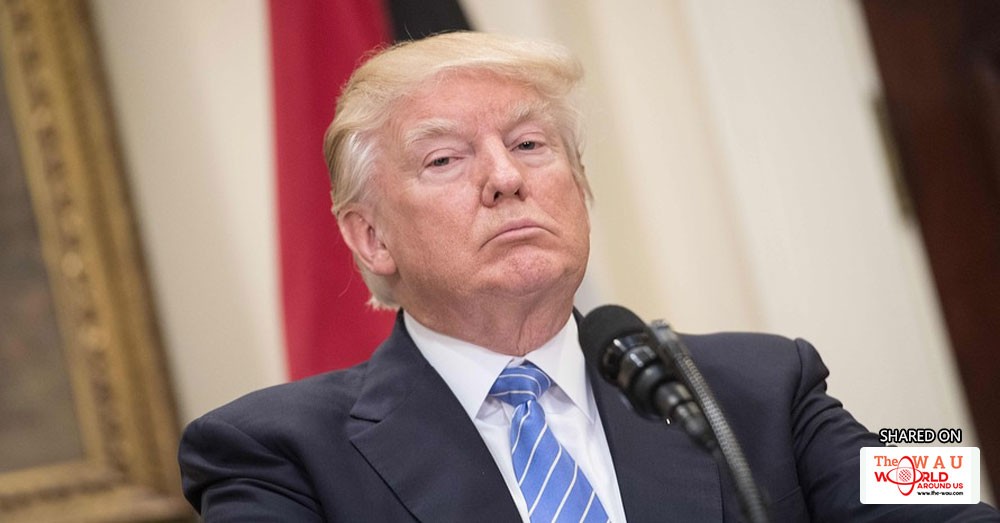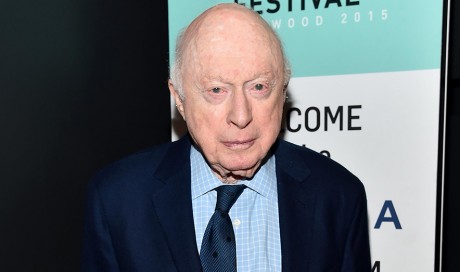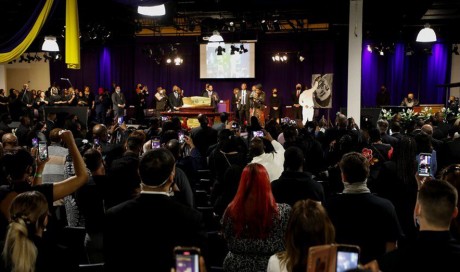Since the first of the year, President Trump has attacked a variety of countries in Twitter posts, urging protesters to overthrow the Iranian government, threatening to blow up North Korea and calling for cuts in aid to the Palestinians. In bluster and tone, he has begun 2018 where he left off.
Two things stand out about the foreign policy messages Trump has posted on Twitter since taking office: How far they veer from the traditional ways American presidents express themselves, let alone handle diplomacy. And how rarely Trump has followed through on his words. Indeed, nearly a year after he entered the White House, the rest of the world is trying to figure out whether Trump is more mouth than fist, more paper tiger than actual one.
Countries are unsure whether to take his words as policy pronouncements, or whether they can be safely ignored. If Trump's threats are seen as hollow, what does that do to American credibility? In a series of Twitter posts on Saturday, Trump reacted to questions about his mental fitness by calling himself a "very stable genius." Even if there is a recognition that Trump's tweets may be largely intended to let off steam or reassure his domestic base, there is an increasing sense that the credibility of the administration, and the presidency itself, is being eroded.
Richard N Haass, president of the Council on Foreign Relations in New York, recently repeated some of Trump's more belligerent tweets and said: "This is our commander in chief. Think about it." The words of the American president matter, he added in a Twitter message:
"That is why so many of this president's tweets alarm. The issue is not just questionable policy on occasion but questionable judgment and discipline." The bottom line, Haass said, is that Twitter posts should be handled as seriously as any other White House statement, lest the currency of what the president says comes to be devalued.
Secretary of state Rex Tillerson addressed Trump's Twitter posts in a recent interview with The New York Times Magazine, saying his department's approach was "resilient enough" to handle the unexpected and still pursue long-term goals. "I take what the president tweets out as his form of communicating, and I build it into my strategies and my tactics," he said.
But the Twitter posts have already devalued the president's words, argues R. Nicholas Burns, a former career diplomat and ambassador to Nato, who teaches at Harvard and worked with Hillary Clinton's campaign.
"These are statements of the president, of the US government, so the tweets are important." "Even when Trump is right," defending Iranian protesters or objecting to North Korean missile tests, "there's always some excess or some objectionable statement that undermines American credibility, and it's hard to win that back," he said. "Allies and opponents invest in your judgment and common sense."
Share This Post















